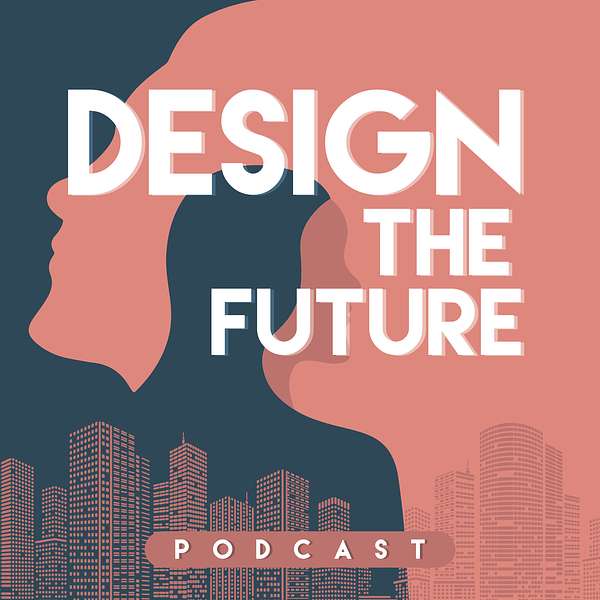
Design the Future
Design the Future
Fiona Cousins on technical knowledge and cross-disciplinary collaboration
Use Left/Right to seek, Home/End to jump to start or end. Hold shift to jump forward or backward.
Fiona Cousins, a mechanical engineer by training, is the Americas Chair for Arup, guiding a 1,900-person engineering, design, consulting, and planning firm with a focus on collaborating and innovating to shape a better world. Fiona and her teams take a broad view as they pursue value for clients, considering climate change, social equity, and biodiversity.
As a longtime leader in the field, Fiona has a keen perspective on the arc of progress. She says that the market transformation that has occurred in the past 30 years means that it feels a bit less like a movement now. “The floor has been raised, through codes and other policy and market work,” she says. “Buildings have to work harder now. But at the leading edge, it still feels like a movement. And now we are asking harder questions, such as: What does it mean for a building to have a biodiversity net gain?”
As for what’s next, Fiona is inspired by growing dialogue around water, both as a human rights issue and a technical issue. “I think this topic is far more visceral to people than questions of energy or carbon ever can be,” she says. “And I think it could be the topic that really connects us to the subject of planetary boundaries in a meaningful, actionable way.”